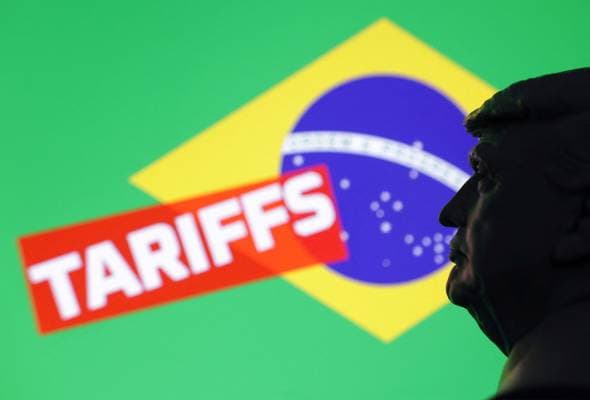Justice Department Rejects Misconduct Claims, Seeks Review of Grand Jury Order
The Justice Department on November 20 denied allegations of prosecutorial misconduct in the criminal case against former FBI Director James Comey, after a magistrate judge ordered unusually broad disclosure of sealed grand jury materials. The clash over grand jury secrecy raises questions about prosecutorial practices, pretrial strategy and the timeline of a politically charged prosecution.

The Justice Department moved on November 20 to block an extraordinary court order that required prosecutors to hand over sealed grand jury materials to the defense in the criminal case against former FBI Director James Comey. The filing, reported by Reuters, rejected a magistrate judge's findings that suggested prosecutorial missteps in the handling of the grand jury process.
Magistrate Judge William Fitzpatrick, who reviewed the grand jury transcripts, concluded there were "procedural and substantive irregularities" that could amount to government misconduct and ordered disclosure to the defense. Federal prosecutors described Fitzpatrick's conclusions as legally flawed and asked the trial judge to suspend the magistrate's order while they seek further review. The department did not concede any wrongdoing in its filing and asked a district court to stay the disclosure.
The underlying criminal case centers on charges to which Comey has pleaded not guilty, including false statements and obstruction. Key factual disputes highlighted by the magistrate's review involve whether the full grand jury saw the final indictment and how evidence and testimony were presented to jurors. Those points go to long established concerns about the fairness of grand jury procedures and the protection of secrecy that ordinarily surrounds grand jury deliberations.
Courts rarely order wholesale disclosure of sealed grand jury materials, making Fitzpatrick's remedy notable in its breadth. Grand jury secrecy has historically been defended as essential to protect witnesses, preserve the integrity of ongoing investigations and encourage candid testimony. At the same time, defense lawyers have argued that access to grand jury transcripts can be crucial to test whether a grand jury proceeding was properly conducted and whether evidence was presented in a manner that could prejudice the indictment process.
The Justice Department's request to suspend the disclosure sets up a clash between competing legal priorities. If the trial judge grants the stay, prosecutors may secure time to pursue appellate review, limiting immediate access to materials that defense lawyers say are necessary for pretrial motions and strategy. If the stay is denied, the defense could obtain materials that reshape the contours of the case and complicate prosecutors' trial preparations.
Beyond the immediate litigation, the dispute has broader implications for how courts police prosecutorial conduct, particularly in high profile and politically sensitive prosecutions. Judicial rulings in the coming days and weeks could refine standards for when grand jury secrecy yields to a defendant's right to pursue potential government misconduct. Those standards will influence discovery tactics, pretrial litigation calendars and the ability of prosecutors to rely on sealed grand jury work product in other cases.
The case also poses reputational and institutional stakes for the Justice Department. A ruling that affirms Fitzpatrick's remedy would heighten scrutiny of grand jury practices across federal prosecutions. A ruling in the department's favor would reinforce protective bounds around grand jury secrecy but could draw criticism from those who argue for greater transparency when procedural irregularities are alleged. The immediate next step is squarely in the hands of the trial judge, whose decision on the stay motion will determine whether the magistrate's extraordinary order takes effect while review proceeds.


